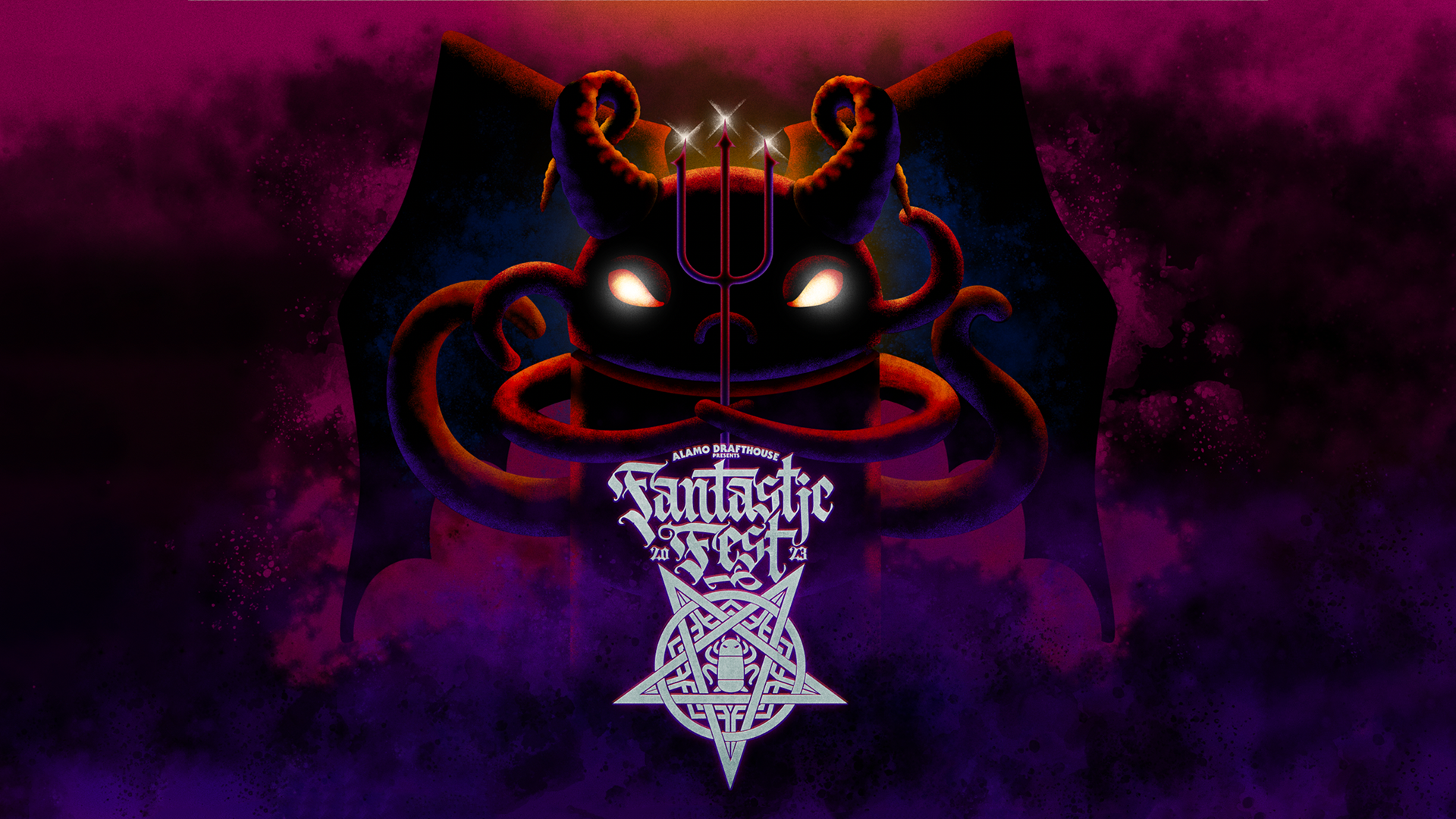


Surprising your family for Christmas Eve with your partner and newborn child sounds like the opening to thousands of Hallmark Channel movies, but Marisa Crespo and Moises Romera use this innocent premise as the springboard into a maelstrom of absolute psychological horror with You’re Not Me, a chilling examination not just of family dynamics gone horribly wrong but also class and caste run amok.
You’re Not Me is the story of Aitana and her wife Gabi, two new parents who fly to Aitana’s parents house in Spain to surprise them for Christmas Eve and to introduce them to their new grandson. Upon arriving though, it seems like Aitana’s parents couldn’t care less about them being there, as only Aitana’s younger brother Saul seems even remotely excited about their arrival. To make things even more awkward, Aitana’s parents have a new housekeeper Nadia, a Romanian refugee who seems a touch too comfortable inhabiting not just Aitana’s former room but also her niche as the daughter in the family. Aitana soon finds herself in the midst not just of bizarre family drama but something far more sinister.

This film absolutely excels at very early on establishing that something isn’t quite right with Aitana’s family. It starts out with subtle details that get under the viewers skin without them quite realizing it, like you know something is wrong, but you can’t quite place your finger on it. Aitana’s brother Saul is the foil for this: a wheelchair bound twenty something who radiates good cheer and a sincere excitement about his sister being there for Christmas (and who is also wholesomely excited about meeting his nephew). In harsh contrast to Saul’s effervescent excitement, the rest of Aitana’s family becomes increasingly cold to her, and when we meet the new maid Nadia, the gaslighting goes up even further. However, what first rockets this film into truly horrific territory is how Crespo and Romera consistently keep the viewer unsure as to whether Aitana’s family is warranted in their coldness towards her, as it’s revealed that she hasn’t exactly been a saint to them in the past. There’s a welcome sense of vertigo in this regard, with the viewer never quite finding their footing until the film enters another absolutely unsettling realm of the horrific.
The perversion of parental roles and guardianship is another source of horror in this film that Crespo and Romera effectively mine. Aitana’s parents and their creepy doting over Nadia comes off more as some kind of kink/role play than any sort of a real concern for someone, and the climax of the second act with the aristocratic Christmas Eve party reeks of the kind of upper crust malevolence that make films like Society and Get Out so effective. Rich white people dressed to the nines fawning over a Black child and patting themselves on the back for being so kind to “those people” is bad enough; doing so immediately after discussing the benefits of raising suckling pigs from birth to be slaughtered for their meat is borderline nauseating.

The acting in this film isn’t always what it could be but where it’s good it’s great. Jorge Motos and Anna Kurrika as Saul and Nadia respectively stand out on opposite sides of the spectrum, with Motos bringing to life one of the few genuine innocents of the film. His Saul is a goodhearted person in the eye of an unspeakably fucked up storm, a gentle soul who unwillingly kicks off the true horror of the film. Kurrika’s Nadia is a sly and sneaky quasi-hippy fresh off the streets, clearly up to no good but still seemingly pulling the wool over the eyes of Aitana’s parents (you’ll understand that “seemingly” once you watch this film trust me.) Not only does Kurrika excel at making Nadia wholly unlikeable for much of the film, but she also brings to life another side of Nadia in the third act that is delicious to watch, even if what we’re watching is utterly pathetic and horrifying.
You’re Not Me is a film not just about the tragedy of family dissolution, but also a commentary on class and caste in the West and how the pursuit of wealth is always a soul-destroying venture. It is an incredibly dark and horrific film that ends up in an entirely different narrative than what it is marketed as and it switches between the two so effortlessly it’s difficult to discern where one thread ends and the other begins. It’s brilliantly paced, it’s relentless in pushing the viewer towards the horrific ending, and it is utterly merciless in its examination of family dynamics and social stratus.





2 Comments
Comments are closed.